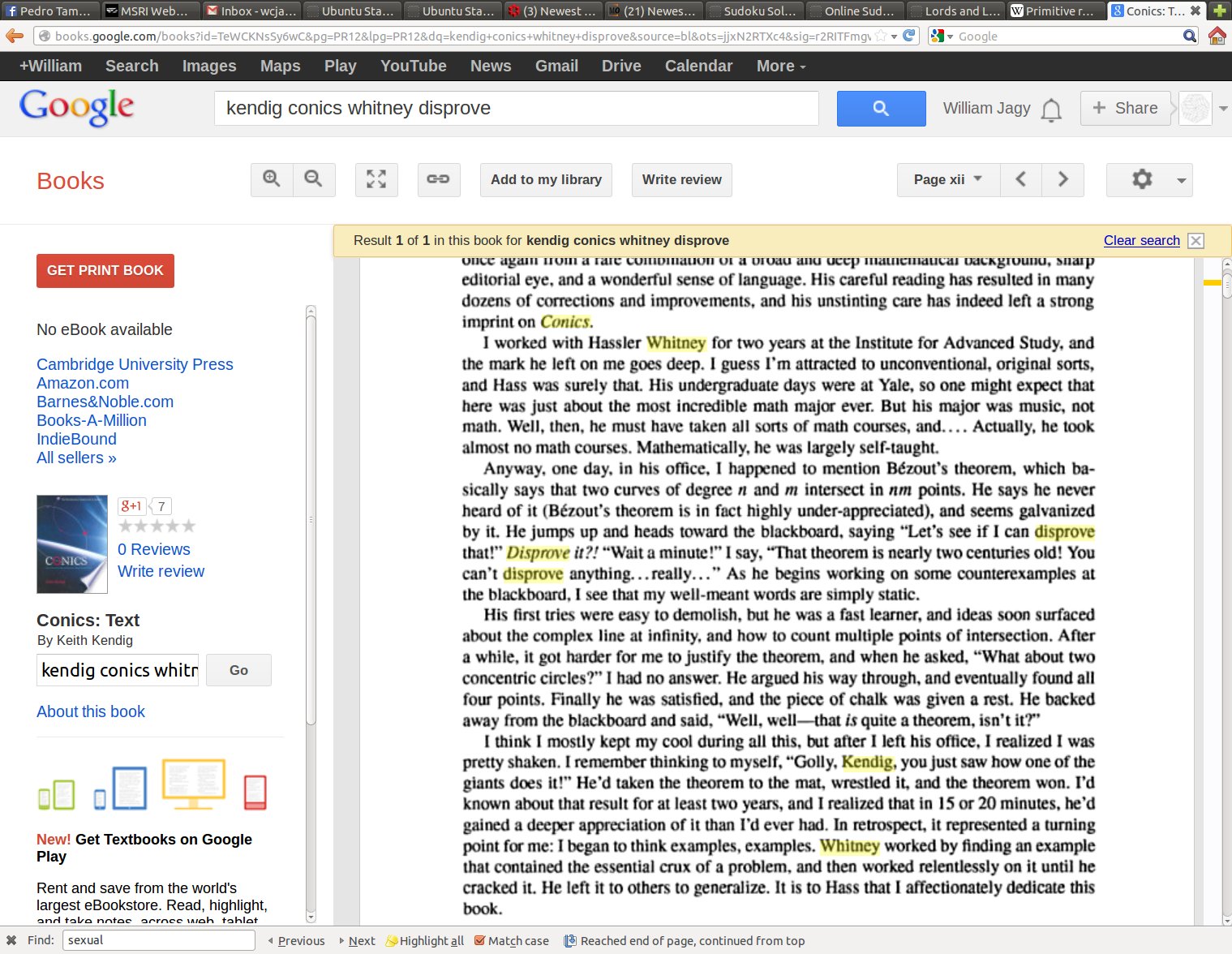I've been wondering for a while: how should mathematicians read an article in order to "take most" from it?
For example, when I did my Master's thesis I based it on an article (I'm into analysis) and of course I analyzed every and each part of it, extending some results in there and filling some gaps that were "left to the reader" I guess, or were thought to be sufficiently trivial by the authors.
Now I'm doing my phd and I have to choose a specific topic (more or less I have an idea but I haven't exactly set up my mind yet). The fact is I've had to look up some articles to get some ideas and possible topics of research, and by now and I quickly understood that reading and trying to understand the whole thing is impossible. I mean they often have like 60+ articles/books in the bibliography, so I mainly read the introduction and the results, skipping proofs entirely (or almost entirely). Basically what I try to do is to get an idea of the general path taken by the authors, skipping all the technicalities are ok and noting on the side the techniques/results mentioned that I don't know about. Then I quickly look up on the internet what the idea of these techniques is, and that's it. Obviously, a couple of days pass and most of it is gone, except maybe the very very general idea/result it obtained (but only if it isn't too technical).
I mean it seems a bit shallow, but I can't come up with with better ways to read them, they are so stuffed I really can't keep up. So how would a professional mathematician read an article about a topic he's interested in without going crazy, trying to learn most from it? Maybe in n years from now if one continues this path one can expect to be so well-versed in a very specific topic so that research articles about it become way easier to read?

